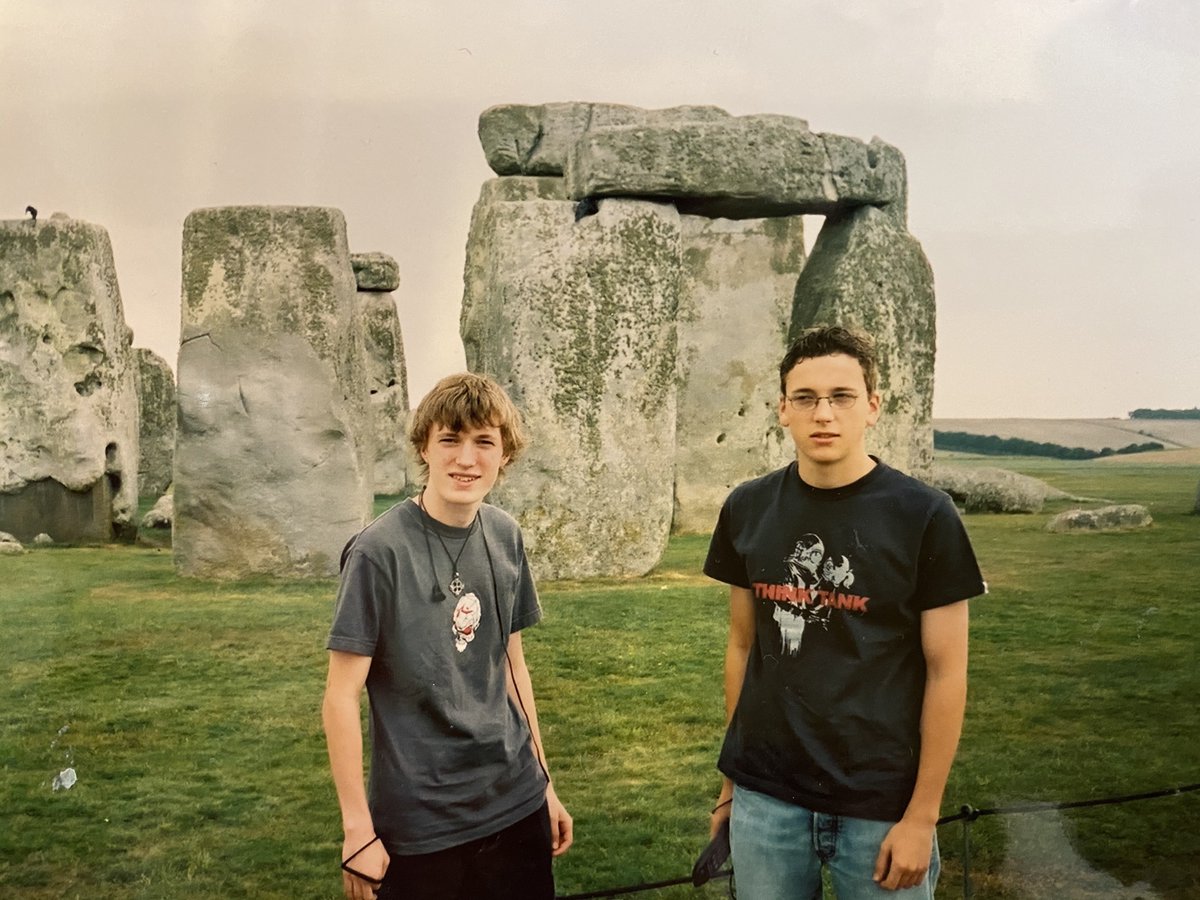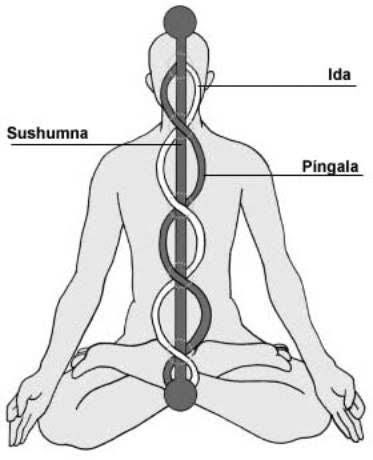So here's the thing
I block people who have obviously bad intentions
This person came to my post with conspiracies and made the contradictory claim that the vaccines in question were both more reactogenic in black people and also not tested in them (go figure that one out)

Here's why that comparison does not apply here:
No. Of course not.
The results being reported by the pharmaceutical companies are preliminary, and we don't have full access to them. But the data itself has been reviewed by a DSMB. This is an Independent group of experts.
We should keep being skeptical, we should demand transparency, and we should wait for the full data.
But we shouldn't resort to conspiracy thinking. It's lazy and it's uninteresting and it's not worth the time taken to come up with it.

























